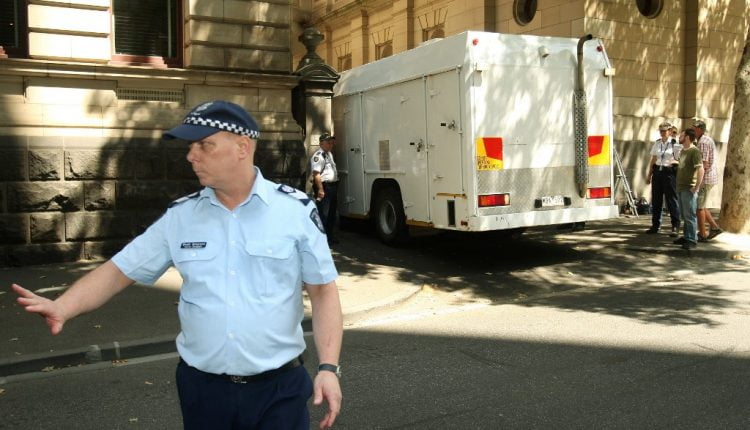Australian courtroom extends detention of Algerian-born Benbrika | Police Information
According to the Australian Supreme Court, Abdul Nacer Benbrika can still be detained beyond his 15-year sentence for security reasons.
A Muslim preacher convicted of running an Australian “terrorist cell” that sought to kill thousands will extend his sentence by up to three years beyond his original sentence, a court ruled Wednesday.
Algerian-born Abdul Nacer Benbrika was sentenced to 15 years in prison in February 2009 on three terrorism charges, including running a terrorist group, membership in a terrorist group and possession of materials related to planning a terrorist attack.
His prison term officially expired in November 2020, but the Australian government moved to keep him behind bars for three more years under rarely-used provisions targeting high-risk convicts charged with terrorism.
Benbrika lost his appeal against the Continuing Detention Order in the High Court on Wednesday. Australia’s Supreme Court ruled that the law applies because it is “appropriately designed to protect the community from the unique threat of terrorist criminal activity”.
“Mr Benbrika’s argument is effectively asking this court to conclude that Parliament has committed a mistake in treating such behavior in a way that always has the potential to harm the community in order to continue Enabling detention in cases where there is a relevant “unacceptable” risk. “
– Jeremy Gans (@jeremy_gans) February 10, 2021
Uncertain future
His lawyers had argued that the federal government was not empowered to enforce the order.
At least two members of the High Court, Judges Stephen Gageler and Michelle Gordon, opposed the majority decision, saying the law applies to Benbrika’s case.
Gordon was quoted in a news report as saying that the law was not adequately justified as a protective measure to achieve his integrity.
“It is not for this court to determine how legislation is to be drawn up, but, as currently enacted, [the law] is not sufficiently tailored to achieve the stated objective or otherwise, ”she said.
Benbrika and his supporters were arrested in November 2005 – after the London bombings – after Australia tightened its legislation to allow detention of people in the early stages of planning attacks.
His Australian citizenship was revoked at the end of 2020. This was the first time a person who was still in the country had their citizenship revoked.
Under Australian law, a person can only be stripped of their citizenship if they have dual citizenship, which means they will not remain stateless.
Australia used the powers in 2019 to revoke citizenship from Neil Prakash, an alleged ISIL recruiter (also known as ISIS) detained in Turkey.
Australia argued that he had dual citizenship as he also had Fijian citizenship, although Fiji denied the claim and affected bilateral relations.
It is unclear what will happen to Benbrika after his three-year prison sentence expires.

Comments are closed.